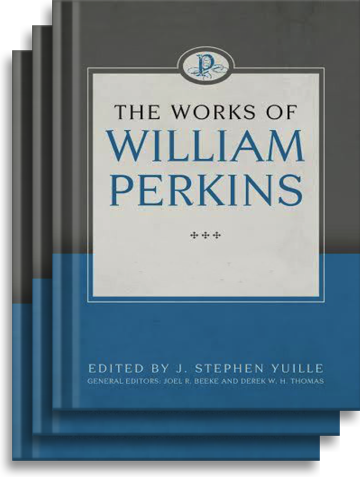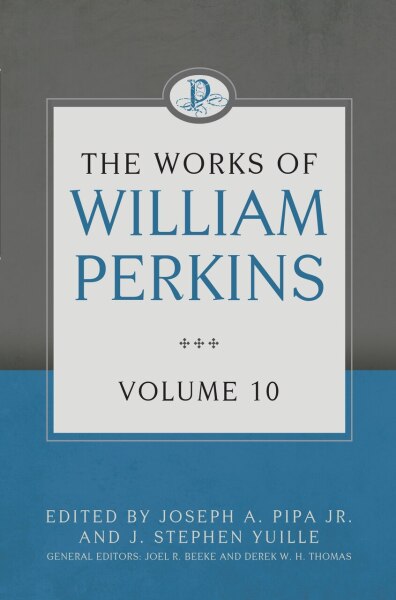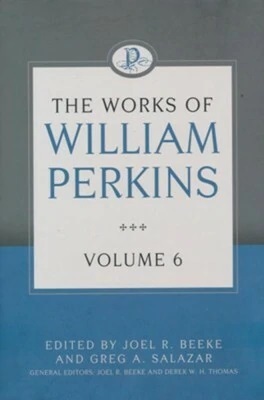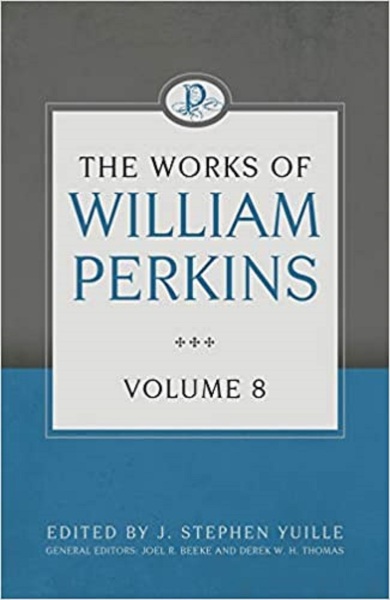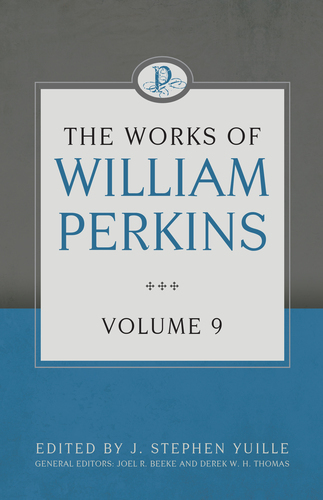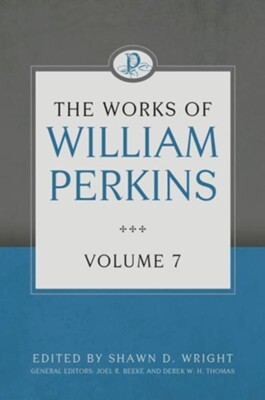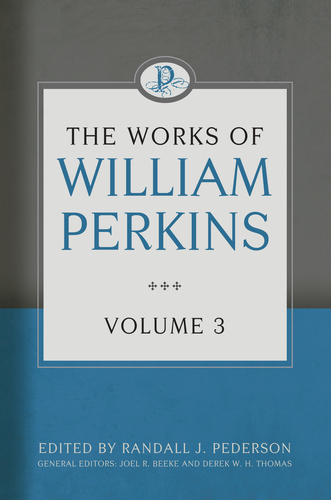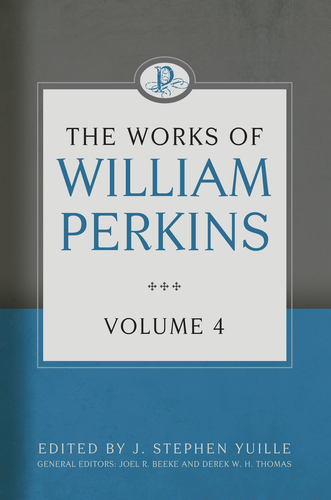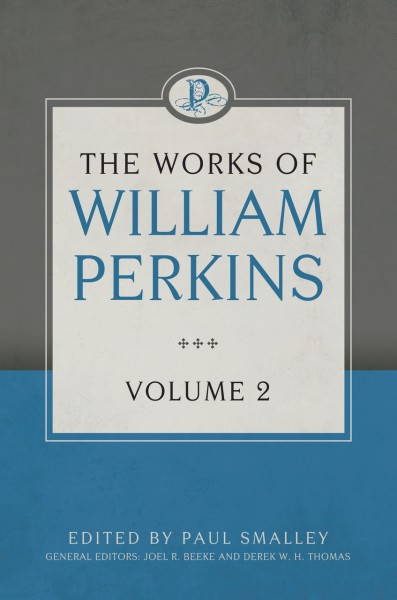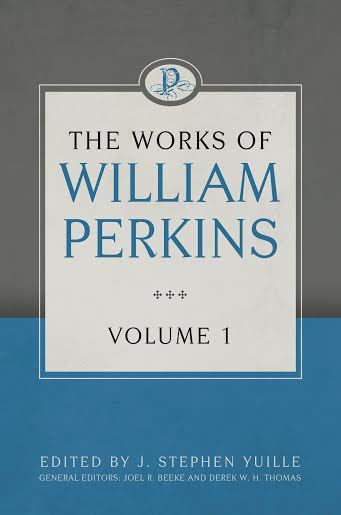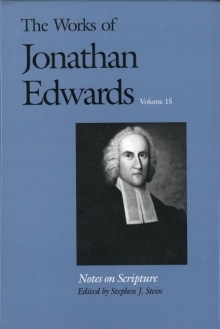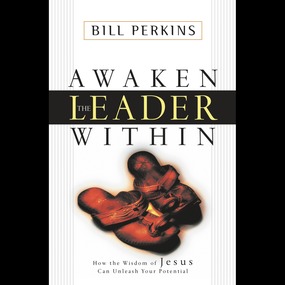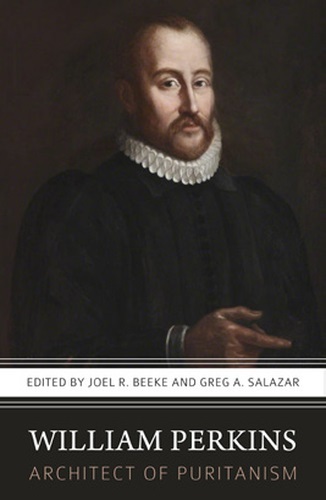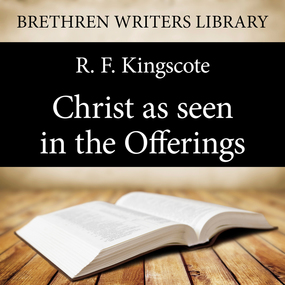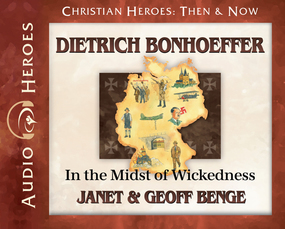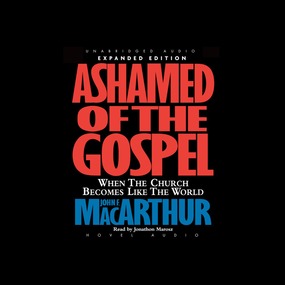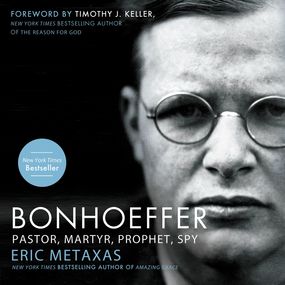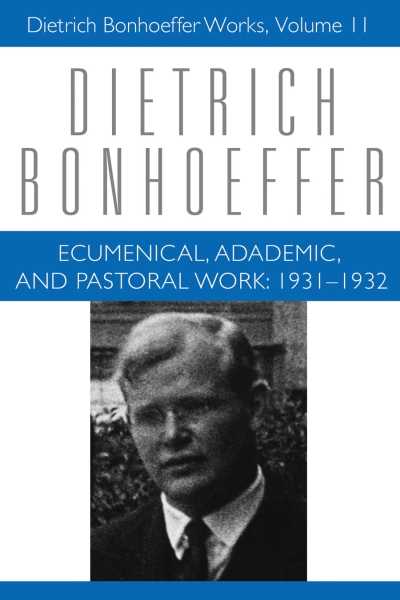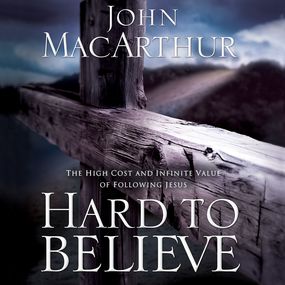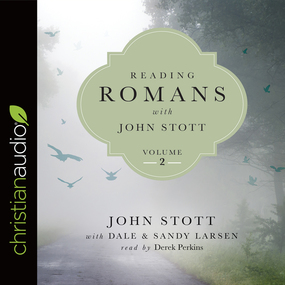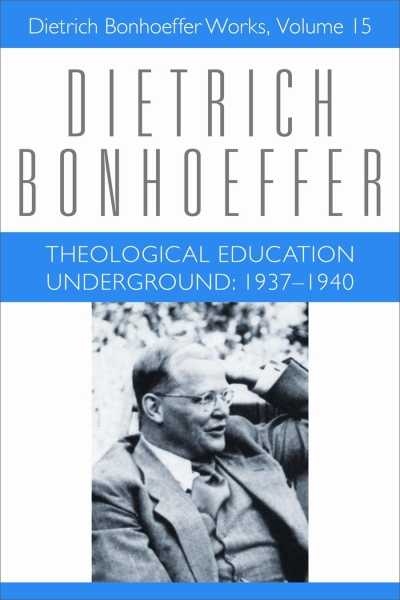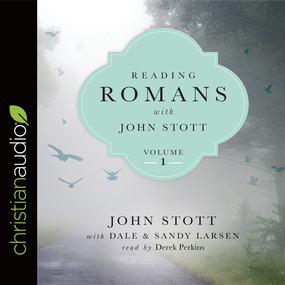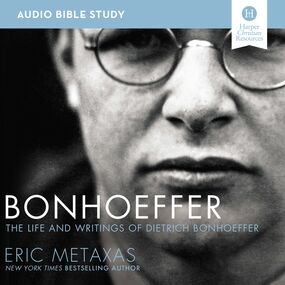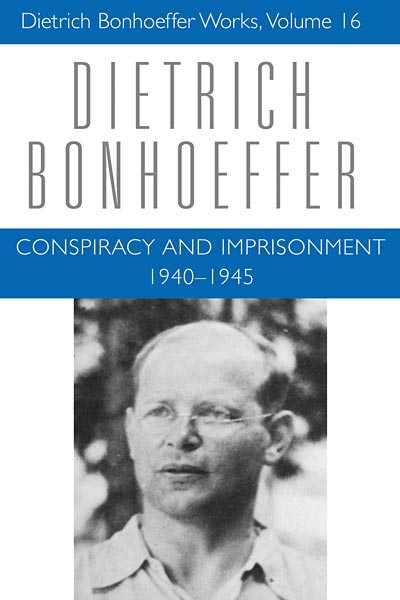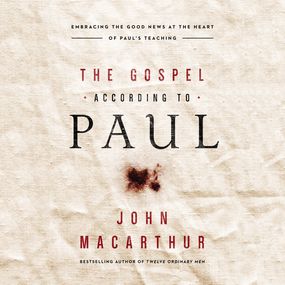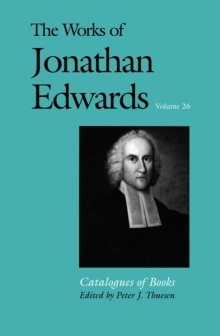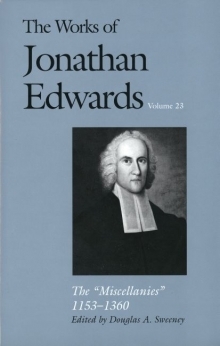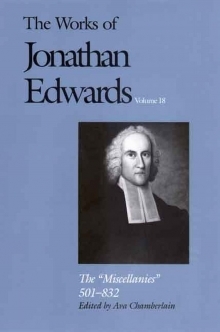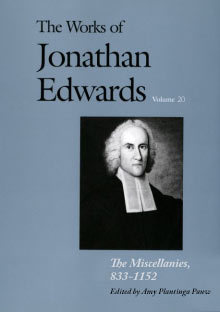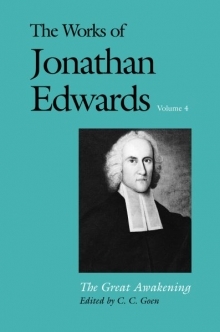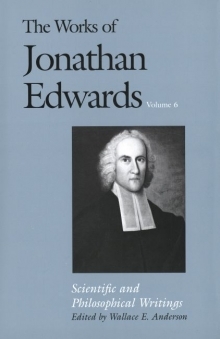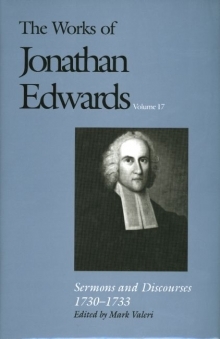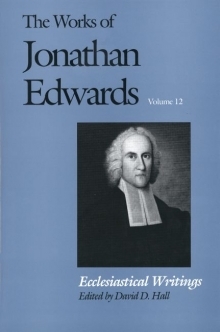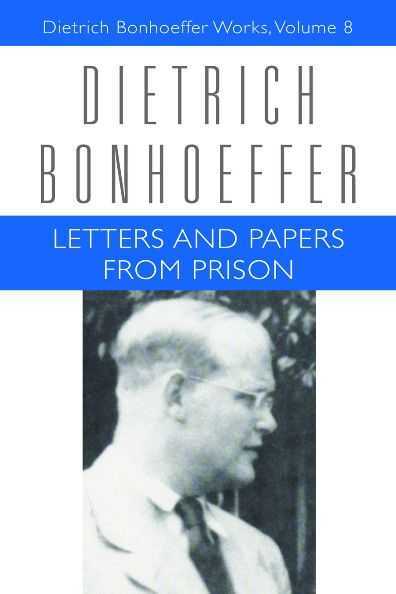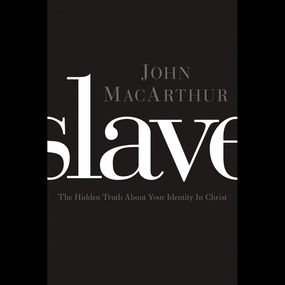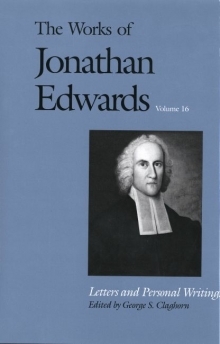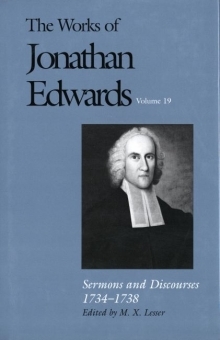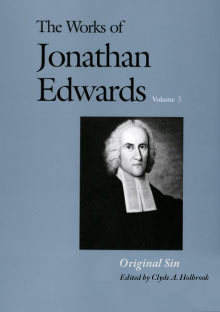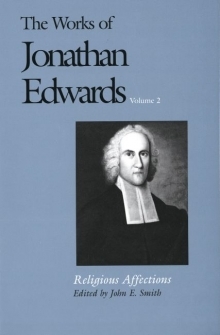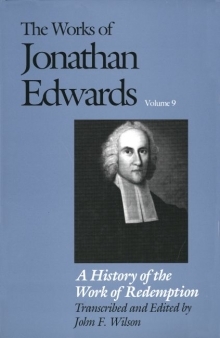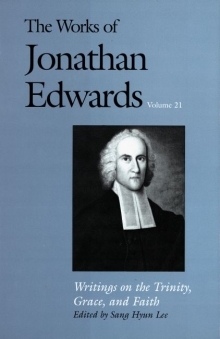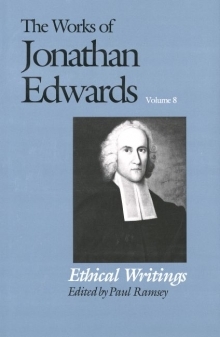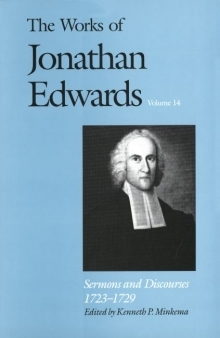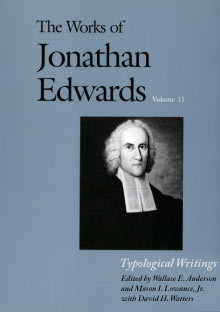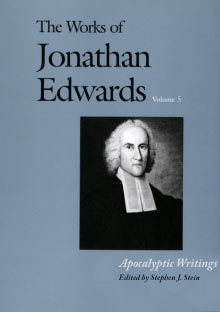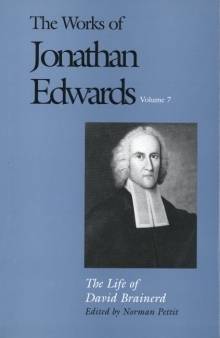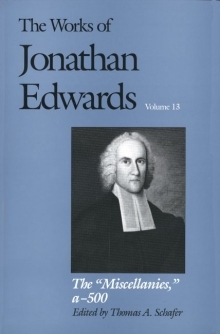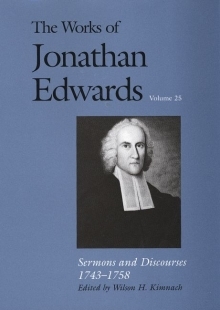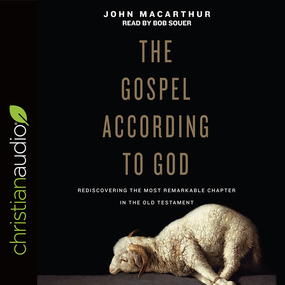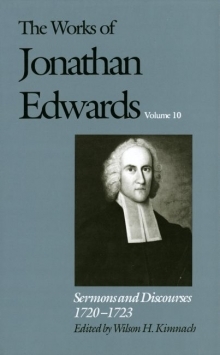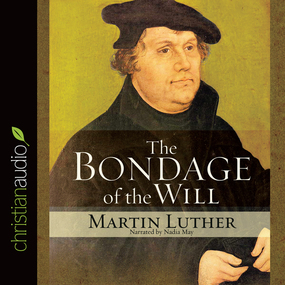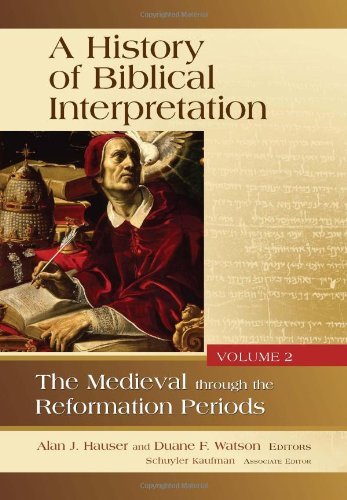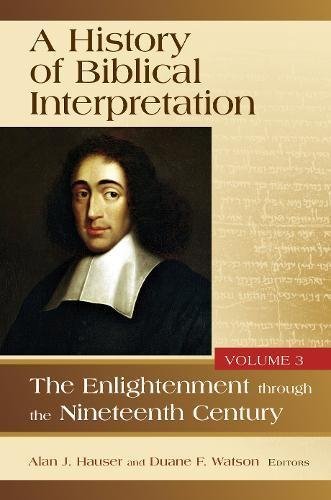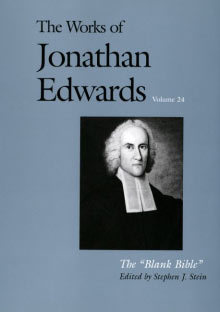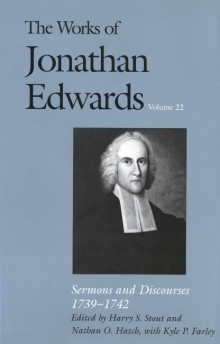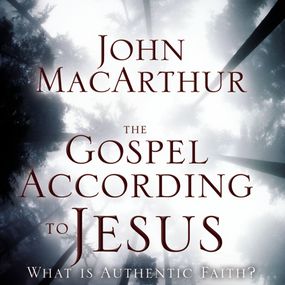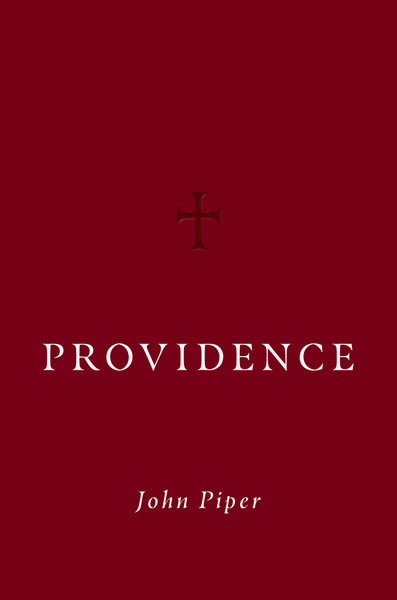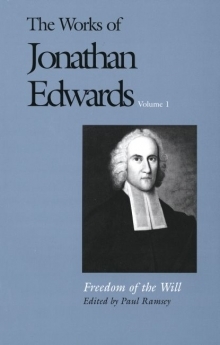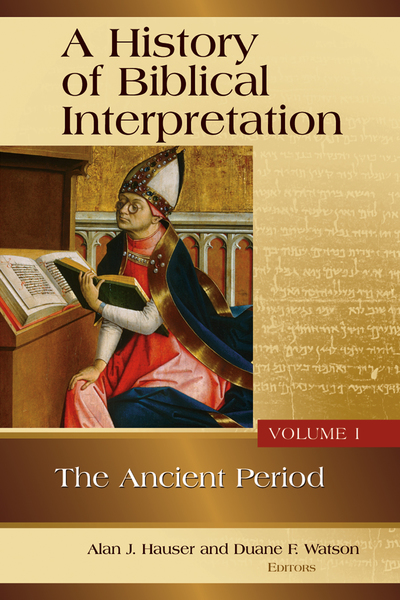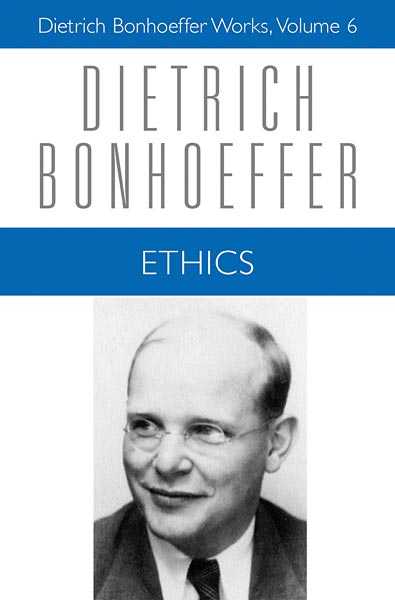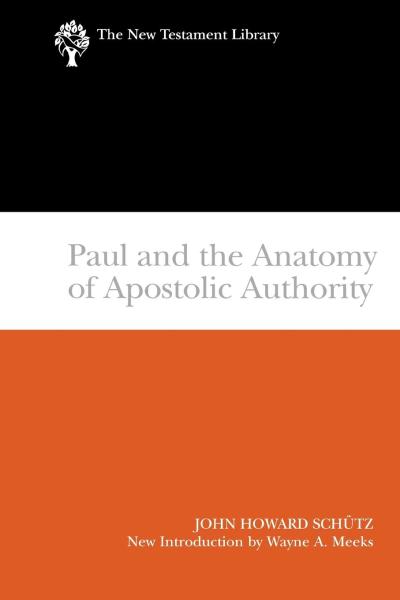

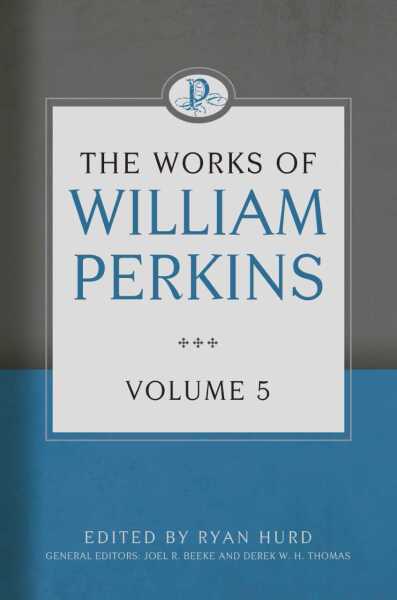

This fifth volume begins the doctrinal treatises of Perkins with three contributions of catechetical theology.
The first treatise is An Exposition of the Symbol or Apostles' Creed. Examining the contours of Christian faith, Perkins handles each article of the Creed according to its basic meaning, the duties it calls us to, and the consolation it brings. He closes the entire work by explaining how the Creed is a 'storehouse of remedies against all troubles and temptations whatsoever.'
The second treatise is An Exposition of the Lord's Prayer . Detailing the chief Christian desires, Perkins explains the meaning of the petitions of the Lord's Prayer and the 'manifold uses' for each. Perkins closes his exposition with the proper uses of the Lord's Prayer in general, the circumstances related to the way we pray, and a word on God hearing our prayers. This treatise also includes a collection of prayers (with short expositions) from the Bible and a poetic song 'gathered out of the Psalms, containing the sobs and sighs of all repentant sinners.'
The third treatise is The Foundation of Christian Religion Gathered into Six Principles, which sets down the principle points of Christian religion in order to establish readers in true knowledge, unfeigned faith, and sound repentance. Providing a rudimentary understanding of the Ten Commandments, the Creed, the Lord s Prayer, and the two sacraments, Perkins's Foundation sets a framework for people to profit more from sermons and to receive the Lord's Supper with comfort.
The Works of William Perkins fills a major gap in Reformed and Puritan theology. Though Perkins is best known today for his writings on predestination, he also wrote prolifically on many subjects. His works filled over two thousand large pages of small print in three folio volumes and were reprinted several times in the decades after his death. However, his complete works have not been in print since the mid-seventeenth century. This edition of the Works includes four volumes of Perkins’s expositions of Scripture, three volumes of his doctrinal and polemical treatises, and three volumes of his practical writings.
“On the broad shoulders of William Perkins, epoch-making pioneer, stood the entire school of seventeenth-century Puritan pastors and divines, yet the Puritan reprint industry has steadily bypassed him. Now, however, he begins to reappear, admirably edited, and at last this yawning gap is being filled. Profound thanks to the publisher and heartfelt praise to God have become due.” — J. I. Packer, Board of Governors’ Professor of Theology, Regent College, Vancouver, British Columbia
William Perkins (1558–1602) earned a bachelor’s degree in 1581 and a master’s degree in 1584 from Christ’s College in Cambridge. During those student years he joined up with Laurence Chaderton, who became his personal tutor and lifelong friend. Perkins and Chaderton met with Richard Greenham, Richard Rogers, and others in a spiritual brotherhood at Cambridge that espoused Puritan convictions.
From 1584 until his death, Perkins served as lecturer, or preacher, at Great St. Andrew’s Church, Cambridge, a most influential pulpit across the street from Christ’s College. He also served as a teaching fellow at Christ’s College, catechized students at Corpus Christi College on Thursday afternoons, and worked as a spiritual counselor on Sunday afternoons. In these roles Perkins influenced a generation of young students, including Richard Sibbes, John Cotton, John Preston, and William Ames. Thomas Goodwin wrote that when he entered Cambridge, six of his instructors who had sat under Perkins were still passing on his teaching. Ten years after Perkins’s death, Cambridge was still “filled with the discourse of the power of Mr. William Perkins’ ministry,” Goodwin said.
Perkins’s influence as a theologian continued unabated after his death. This was due in large part to the widespread popularity of his writings. His writings were translated into several European languages and greatly influenced British and American Reformed theology, the Dutch Further Reformation, and European Pietism.
